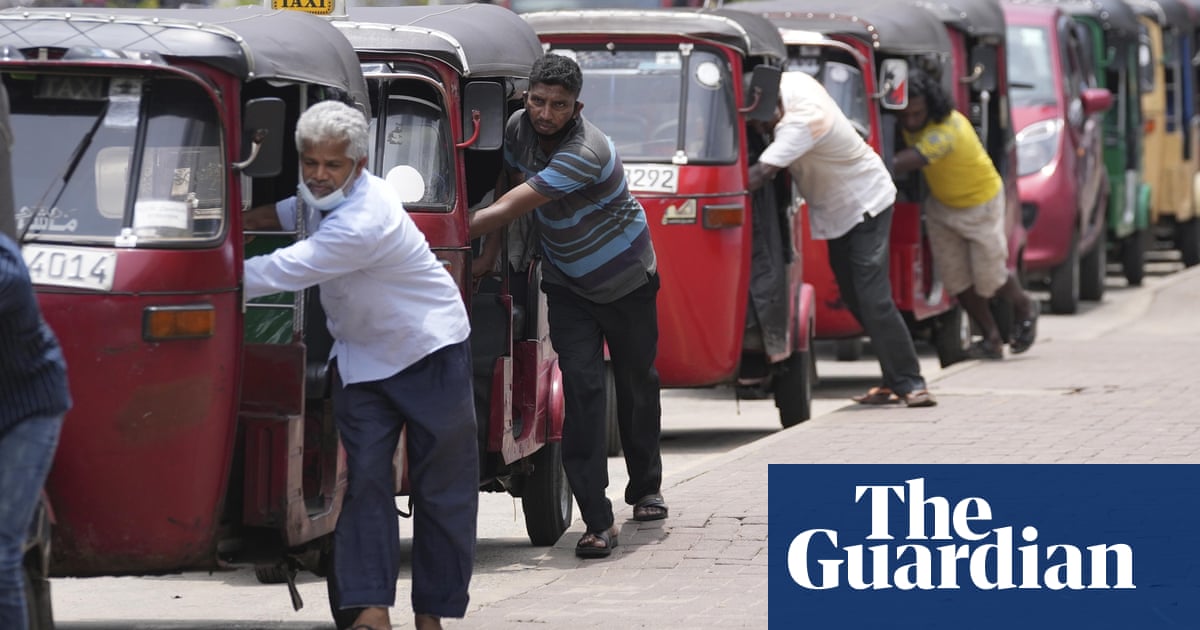
Low-income countries will have to sacrifice spending on public services this year as they face the highest levels of debt repayments for 25 years.
Campaign group Debt Justice published figures on Tuesday showing that 91 countries will spend, on average, 16.3% of their revenues on external debts this year, an increase of nearly 150% since 2011 when the figure was 6.6%.
Sri Lanka has the highest external debt payments this year, amounting to 75% of government revenue, followed by 65.6% for Laos, 57.8% for Dominica and 46.7% for Pakistan.
Heidi Chow, Debt Justice’s executive director, said debt relief was urgently needed and must extend to all creditors. “Debt payments are reaching crisis levels in many countries, hindering the ability of governments to provide public services, fight the climate crisis and respond to economic turmoil,” she said.
Sri Lanka defaulted on its debt in May 2022 for the first time in its history following an economic and political crises that led to protests over electricity, fuel and medicine shortages. Sanhita Ambast, global research and policy adviser at Amnesty International, said Sri Lanka’s population was badly hit because its debt left the government without resources to respond to other shocks when they landed.
“A government should be investing in social protection and healthcare but instead they’re spending extraordinary amounts of money servicing external debt,” she said. “[They are] literally just interest payments, and they’re asked to do that for years on end, so there isn’t the fiscal space to spend on core services or to adapt to a climate or economic crisis.”
Mae Buenaventura, a coordinator at the Asian People’s Movement on Debt and Development, said: “Debt payments drain southern countries of much needed development financing to protect its citizens from the ever worsening economic and climate crises. Without debt cancellation, southern debts will continue to rise, with the continued haemorrhage of development finance.”
Chow said legislation may be required from London and New York to force private lenders to cancel their debts. According to the World Bank, 46% of debt repayments are to private lenders, excluding China. About 30% are to multilateral institutions, 12% to other governments and 12% to Chinese public and private lenders.
Ambast called for greater coordinated action from multilateral organisations such as the G20 to ensure that governments are able to spend money on essential services rather than servicing their debt, but she has little confidence that lessons have been learned from Sri Lanka’s crisis.
“I don’t really see the international action that there should be on debt. Statistics show Sri Lanka’s situation may not be as uncommon as we might want it to be. There’s been concern raised but not concrete action,” said Ambast.












